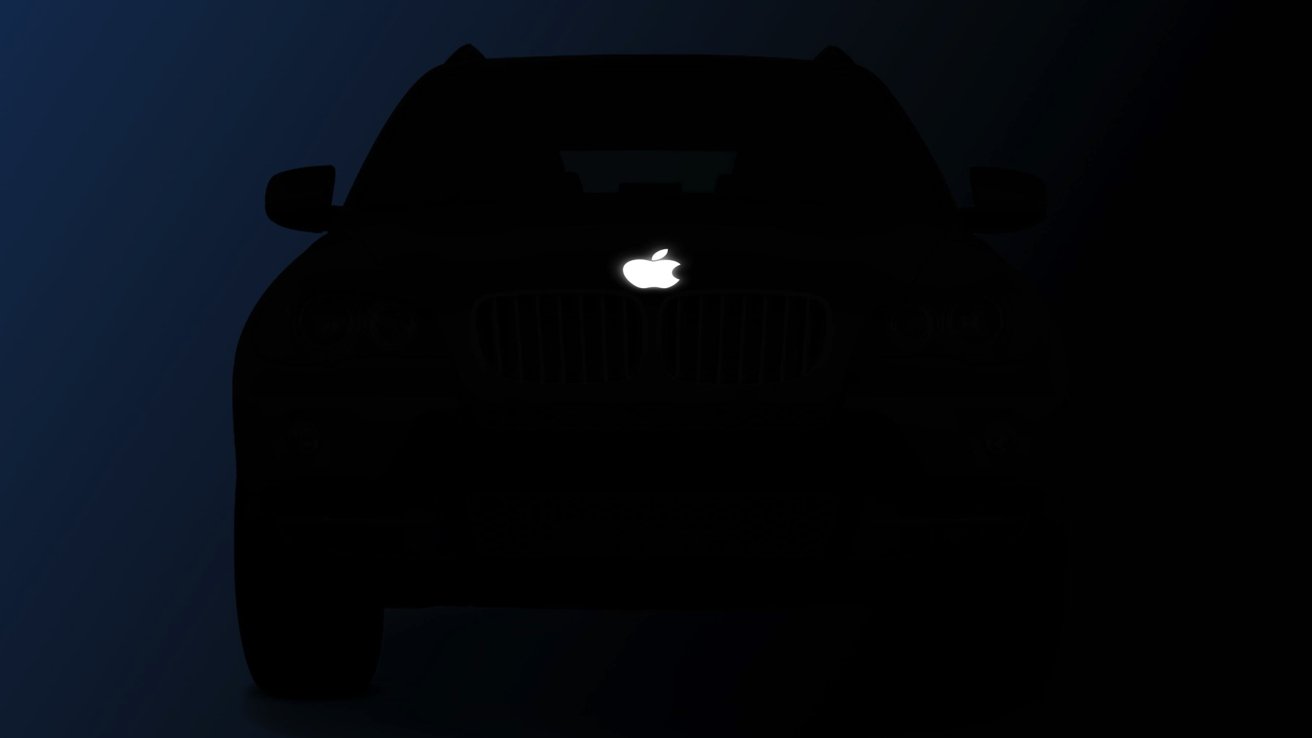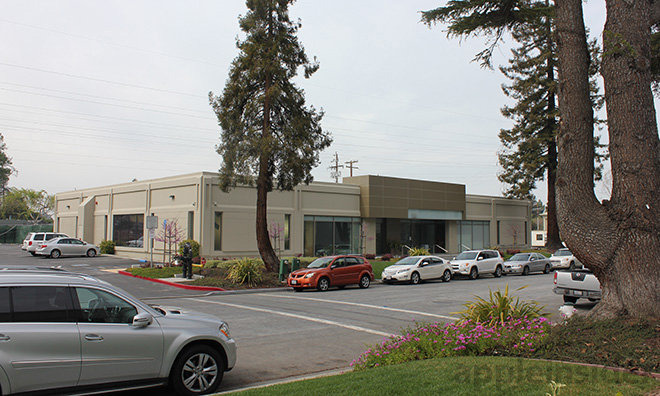A report on Tuesday claims that Apple’s long-running car project also known as “Project Titan” has been killed.
Details are scant at the moment, but in a report on Tuesday, Bloomberg Mark Gurman says that the Apple Car program is finally completely gone.
Apple is said to have announced the death of the project on Tuesday, surprising the 2000 workers said to be working on the project. Apple Chief Operating officer Jeff Williams and Vice President Kevin Lynch made the announcement.
Some of the employees are said to be moving to Apple’s artificial intelligence development and research houses under the leadership of John Giannandrea. It’s not clear where the rest will go, or if there are any relevant offices for them to move to.
The decision is said to have been made by senior Apple leadership within the last few weeks. AppleInsider has reached out for comment — but we aren’t expecting to hear back.
Apple Car — a long and winding road
The earliest mentions of Apple’s automotive project were in fall 2014, when AppleInsider was informed that Apple was in the process of recruiting engineers. Those engineers were said to have been hired for a project called “Titan,” the rumors were not able to be verified, so they were not published at the time.
Months later, the details of the rumors were corroborated by other sources and outlets, indicating there was some truth to what was claimed, as well as the “Project Titan” name.
By March 2015, it was believed Apple was working on an electric car in offices in Sunnyvale, California. Said to be the home of a market research firm called “SixtyEight,” the building was apparently known internally as “SG5,” and was among other Apple-run offices. AppleInsider broke the story by visiting the location and examining the buildings, and related filings.
The building was a few minutes away from Apple’s then-HQ at 1 Infinite Loop, and sources claimed Apple was actively receiving shipments related to the work there. Overall, Apple’s offices consisted of seven buildings, making up almost 300,000 square feet, though many were used for other tasks.
One at street number “175” seemingly didn’t have a listed tenant, despite not being on the market for months at that time, and included a 4,239-square-foot “repair garage” among building permits for tenant improvements. An in-person visit revealed it to be the home of “SixtyEight Research.”
The secrecy of the project at the offices apparently extended to Apple employees being told to turn their badges around when entering the building. Guests visiting the location were given badges that were identical to those used at Apple’s HQ, but without an Apple logo.
The use of frosted glass and visible security cameras suggests a level of secrecy beyond a typical research firm. A piece of paper taped to the front door informed drivers the company’s lobby was moved to a different address, a building leased by Apple.
“SixtyEight LLC” was registered in Delaware in March 2014, then licensed as a foreign corporation in California in November 2014. Given Apple’s historical use of shell corporations to hide secret projects, it is plausible that this was also the case.
The company also paid to import a 1957 Fiat Multipla 600 from the U.K. to the U.S. Apple Design chief Jony Ive was said to have a soft spot for the Fiat 500, which could be another connection to Apple.
In a wide-ranging report from Bloomberg in December 2022, the Apple Car is thought to be taking longer to produce, due to Apple making changes to the project.
Rather than a full-blown self-driving system, Apple was instead planning on a design of car that is more conventional, complete with steering wheel and pedals. Fully-autonomous driving would still be available, but only on highways, the sources claimed.
A launch was also pencilled in for 2026.
As well as a change in timescale, Apple was also apparently altering its pricing plans too. Initially expecting to sell the Apple Car for more than $120,000, Apple was thought to be planning for it to cost consumers less than $100,000.
Wedbush analyst Daniel Ives said in June 2023 that Apple Car is on the way, with a 2026 launch prediction.
He previously, in February 2021, said there was an 85% chance of Apple formally announcing a strategic car partnership within the following three to six months, which evidently didn’t happen.
In a September 2023 forecast, Ming-Chi Kuo claims he has lost visibility on the Apple Car, and doesn’t have clarity on when it will enter production.
“If Apple doesn’t adopt an acquisition strategy to enter the automotive market, I doubt that the Apple Car can go into mass production within the next years,” Kuo tweeted.
This story originally appeared on Appleinsider


